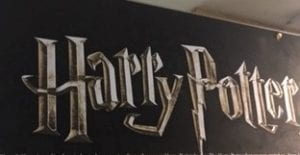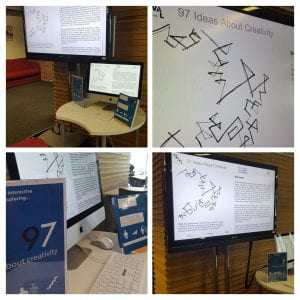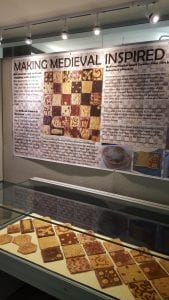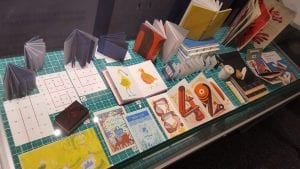Its near the end of LGBTQ+ History month so we are focussing on LGBTQ+ mental health and wellbeing research in connection with the COVID-19 pandemic.
Continue reading “LGBTQ+ health and wellbeing during the COVID-19 pandemic”
University of Lincoln Libraries and Learning Skills Blog
Its near the end of LGBTQ+ History month so we are focussing on LGBTQ+ mental health and wellbeing research in connection with the COVID-19 pandemic.
Continue reading “LGBTQ+ health and wellbeing during the COVID-19 pandemic”
A student told me yesterday that it is quicker to use Google rather than the Library. It felt like I had to do a full-on sales pitch for the next hour extolling the virtues of the Library resources. I felt I partially succeeded. The student listened and decided they would like to investigate further.
So why use the Library resources when Google is such a handy option?
What’s the big deal about the Library?
To do academic research, your tutors will expect you to go beyond Google to find good quality, scholarly material. Your search on Google does not go through a review process. Anyone can publish on the web. The Library resources are carefully reviewed and selected by Librarians based on their reliability, relevance to your studies and add value to your academic research.
Your Subject Librarian has organised Library sources into a Subject Guide to help you easily decide which databases and journals you need for your research. Internet sources are not organised and there are too many pages for any search engine, like Google, to organise by subject matter.
Use the Library to find print and e-resources specific to your subject area and find a wealth of material including academic articles, news items, technical information, magazines, images, statistical data and more. Many of the databases that the Library subscribes to are indexes to millions of articles from an array of different disciplines.
No one is saying don’t use Google. Use it for information on corporations and other organisations, for news and current awareness, for researching a well-known event or individual or to find opinions on a topic. Use Google ALONGSIDE the Library resources. They can complement each other.
What about Google Scholar?
Again, it can be a great source when used in conjunction with the Libraries’ article and other databases but not on its own. Yes, it has scholarly articles but it also includes other material that is untrustworthy and you may miss out on articles in full-text.
So….check out the Library Subject Guides and find out who your Subject Librarian is so that they can get you started on where and how to search effectively for your individual topic. It might well save you the time you thought you were saving on Google.
Look at your subject guide here: https://guides.library.lincoln.ac.uk/?b=s
Find out who your Subject Librarian is here: https://guides.library.lincoln.ac.uk/asl
J. K. Rowling starts the seventh and final volume ‘Deathly Hallows’ in the Harry Potter series with an introductory epigraph from the Greek poet and playwright Aeschylus (525/524 – 456/455 BCE) The Libation Bearers.
The Library staff have been hard at work creating a display dedicated to the Harry Potter books and items based on library-related quotes from the seven Harry Potter books. The Harry Potter phenomenon started on the 26th June 1997 when J.K. Rowling’s Philosopher’s Stone was published. The author was then know as Joanne Rowling and some first edition copies include this name. The films followed between 2001 and 2011.

In response to discussions concerning ideas for creative collaboration between the School of Design and the Library, it was proposed that we hold an installation based upon the 97 Ideas About Creativity book, copies of which are already held by the library. The Library copies of the book allow the student to write within the pages and share their own creative ideas. The installation is being held as part of the Festival of Creativity.

The installation comprises of a screen in the library, displaying one idea per day randomly from the 97 ideas contained in the book – to present the ‘Idea for the Day’. Accompanying the screen element, a computer is available to Library users who are able to control the screen and browse any of the 97 ideas.
I recently attended an Erasmus Staff Mobility Libraries week, hosted by Sapienza University in Rome.

Special Collections Librarian, Claire Arrand has organised the latest display about making medieval inspired tiles on the ground floor of the library. Students and staff were under the direction of local artisan Andrew MacDonald from the Pot Shop on Steep Hill.

The University of Lincoln Library has produced a reading list with recommended fiction and non-fiction titles for students to explore.
Would you like to make a book?
Japanese stab binding is a traditional technique originally used to bind pen and ink drawings.
Learn more about making books and have a go at binding your own book in this free, enjoyable workshop for staff and students. Suitable for all abilities.

The University of Lincoln Library currently has a display on ‘Book Arts’ curated by Jantze Holmes, Technician in the College of Arts.